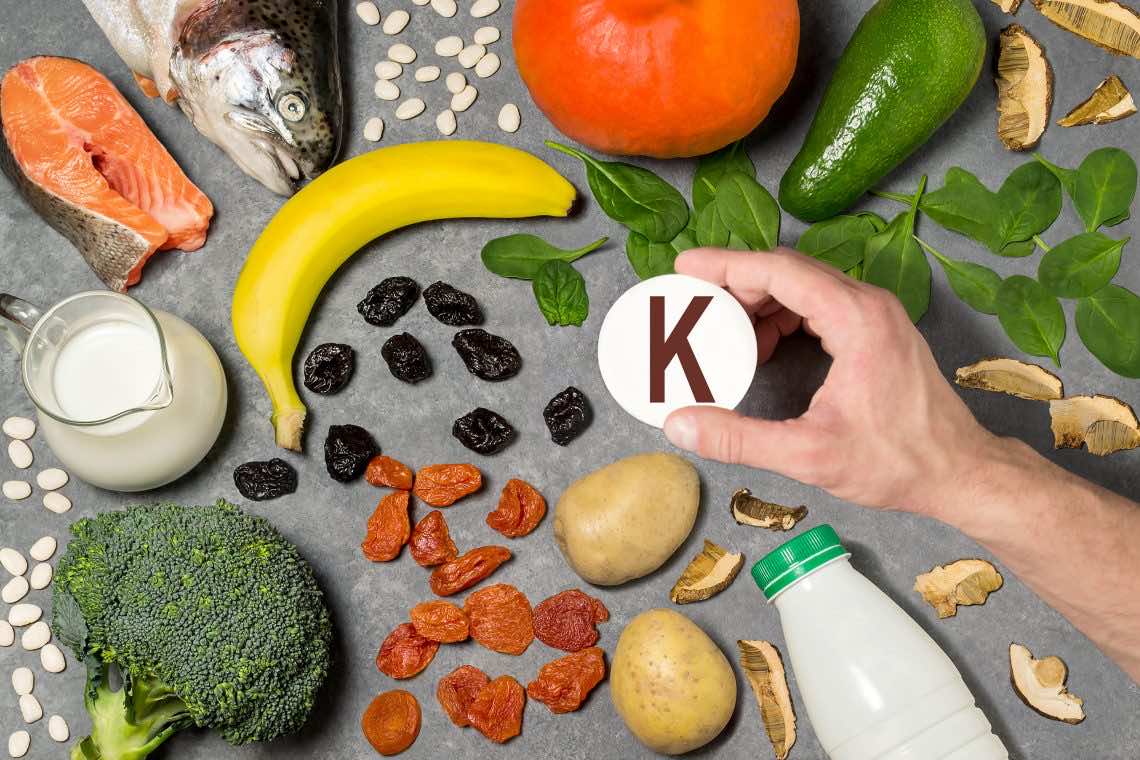
Potassium Benefits And The Top Ranked Potassium Rich Foods
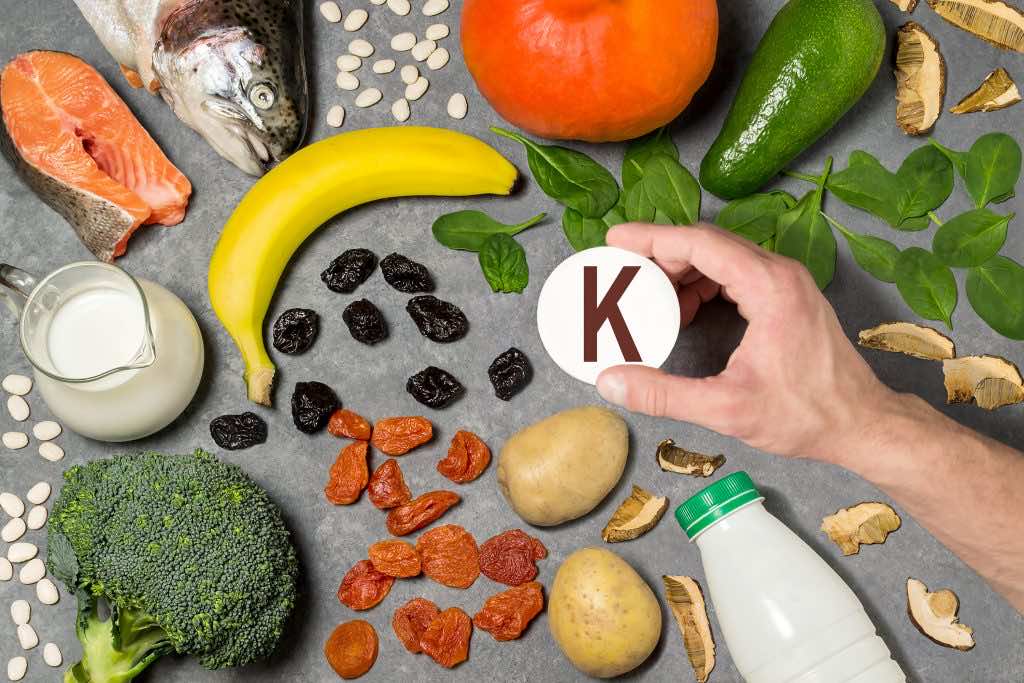

Potassium Benefits And The Top Ranked Potassium Rich Foods
If there’s one nutrient you need to start paying more attention to in your diet plan, potassium might just be it. People every day are walking around deficient in this important mineral – and electrolyte – and they’re paying the price for it.
Potassium may not get as much of the spotlight as other contenders like iron or calcium. Because everyone knows what these are for and why they’re so important. This doesn’t mean you shouldn’t focus on adding more potassium to your menu.
So what does potassium do and which are the best sources? Let’s cover all this and more coming up.
The Functions Of Potassium In The Body
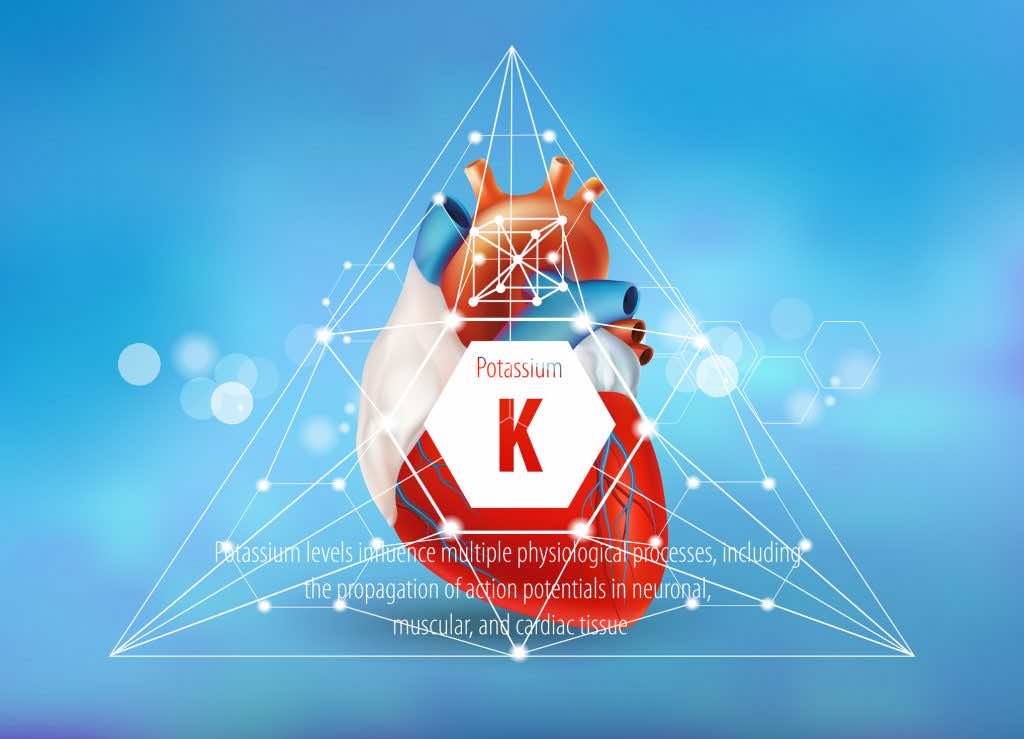
To open up your mind so you can fully understand, let’s go over the primary functions of potassium. That way you will know very clearly why it’s so vital that you’re getting this nutrient in.
What makes potassium extra important?
First off, let’s talk about potassium as an electrolyte. Your body needs certain electrolytes on a regular basis if it’s going to maintain optimal blood pressure and bodily functions.
Ever stand up and instantly felt light-headed and dizzy? This could be due to an imbalance in your electrolytes. Low blood pressure will cause you to feel this way and if you don’t have the right balance between sodium and potassium in your bloodstream, you may notice this effect.
On the other hand, however, you might also start to notice high blood pressure depending on your sodium-potassium ratio. This would then put you at a much higher risk for issues such a heart disease.
Other symptoms that might come into play if you aren’t getting enough potassium in your daily diet include severe headaches, dehydration, as well as possibly even suffering from heart palpitations. These are all associated with hypokalemia, a dangerous condition where potassium is not as high as it should be.
Potassium is also an important mineral that’s required for intense physical exercise as well. Many people realize that potassium is needed for exercise (that is, after all, why bananas are often considered the best pre-workout snack), but aren’t quite sure why it is so important.
One big reason why potassium is necessary for intense physical exercise is that potassium plays a role in moving carbohydrates into the muscle cells for storage. When you don’t have enough potassium in your system, your body won’t be able to store carbohydrates as it should. This means you won’t have the high energy resources to draw upon when you need them.
Carbohydrates are the primary fuel source that allows intense muscle contractions to take place. So without them, you’re really going to struggle to get the work done1.
In addition to that, potassium also allows for normal muscle contractions to occur. Without sufficient potassium in your system, it’s very probable that your body will start to suffer from muscle cramping, which can make it challenging to continue your exercise session.
Potassium is definitely not something you want to take for granted if you hope to get in some intense workout sessions.
Another benefit of potassium that can cause you to be very appreciative is that it helps reduce kidney stones2. If you’ve ever passed a kidney stone before, you know very well how painful it can be. After that, chances are you’ll be getting in as much potassium as you possibly can to avoid this in the future.
If you’re competing in a fitness show, or you’re a competitive bodybuilder, having a higher intake of potassium in the body may help to reduce the risk of water retention. On the other hand, if your someone who’s concerned with aesthetics and determined to look your best for a beach vacation you have coming up, you definitely don’t want to short change yourself on potassium. This is great because excess fluid builds up in your body and can make you look puffy and less lean. Plus, it can also lead to unwanted weight gain as well. So if you’re on a fat loss diet plan and the weight just doesn’t seem to want to budge, consider what role potassium might be playing in this.
Potassium is also going to play a key role in keeping your nervous system in check as well3. Your nervous system is going to be responsible for regulating muscle contractions, maintaining an optimal heartbeat, and controlling your reflexes. If insufficient potassium is being consumed, this can lead to a case of poor nervous system activity, which can then lead to things like poor coordination, feeling lethargic and weak, and worse, heart health concerns.
Finally, potassium can also help you maintain stronger bones and avoid osteoporosis as well. When potassium levels are low in the body, this is often linked to low levels of calcium, which we all know is important for maintaining bone integrity4. It appears that potassium may help to reduce how much calcium is lost from the body, so if you’re putting in extra effort to get more calcium in, make sure that you also get more potassium in as well. Otherwise, your efforts may go to waste.
So as you can hopefully see now why potassium is a must-have mineral to be getting into your daily diet. It’s the third most abundant mineral in the human body and while it does have some short-term storage capacity, it’s not going to be stored in large amounts for lengthy periods of time like say fat-soluble vitamins would be. For this reason, it’s essential that you’re taking it daily.
So where can you get potassium from? What are the best sources? Let’s have a look at the top foods that will supply your body with the potassium that it needs.
Avocados
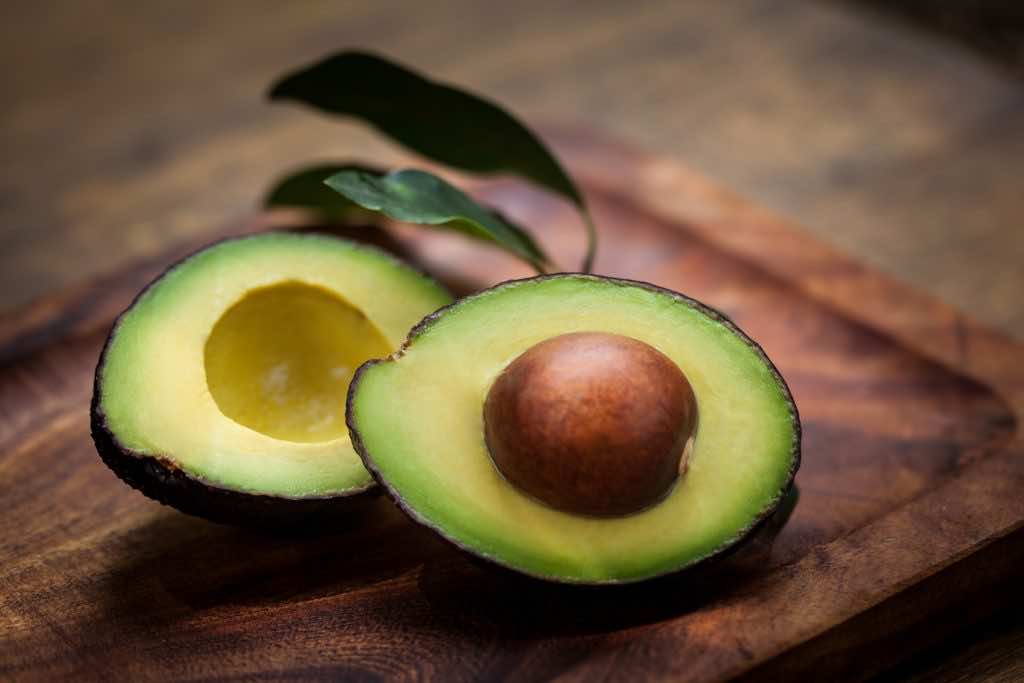
Let’s kick off with the avocado. The avocado is an odd food because unlike other fruits, it’s very high in fat and actually quite low in carbohydrates. Most fruits are pure carbs, but the avocado separates itself from the pack by being more abundant in those healthy fats that your body needs.
It’ll also pack in some dietary fiber as well, so it is said to be a real winner as far as heart health is concerned. You’ll have healthy fats, dietary fiber, and potassium – three secrets to good heart health.
Research has shown just that. Those who consume more avocados in their daily diet are less likely to suffer from metabolic syndrome than those who don’t5.
Avocados are also great for helping to boost your skin’s appearance, reducing dryness and giving you back your natural glow. So this is yet another reason why you’ll want to get them in your diet.
Bananas
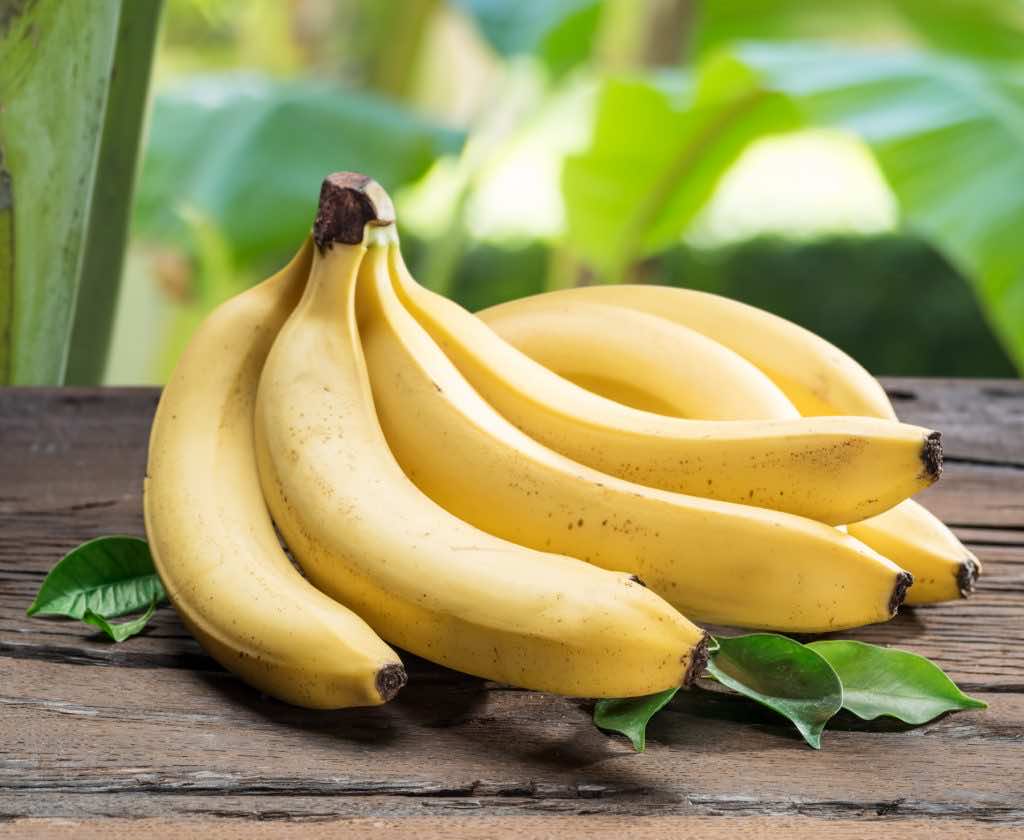
Next up we have the previously mentioned banana. You can’t go wrong getting bananas into your daily diet if eating more potassium is a concern for you. Bananas are not only loaded with potassium but also contain some starch and naturally occurring fruit sugars. Which are great for giving you the energy you’re looking for.
While most fruits contain primarily sugars, bananas offer that starch form of carbohydrates, making them more ideal for the before workout period.
Many often find that bananas are also good food for helping to keep you regular as they tend to soften stools and are easy to digest for most. If constipation is an issue that you suffer with quite regularly, it’d also be in your best interest to consider taking a probiotic which will help further regulate your system.
Lima Beans
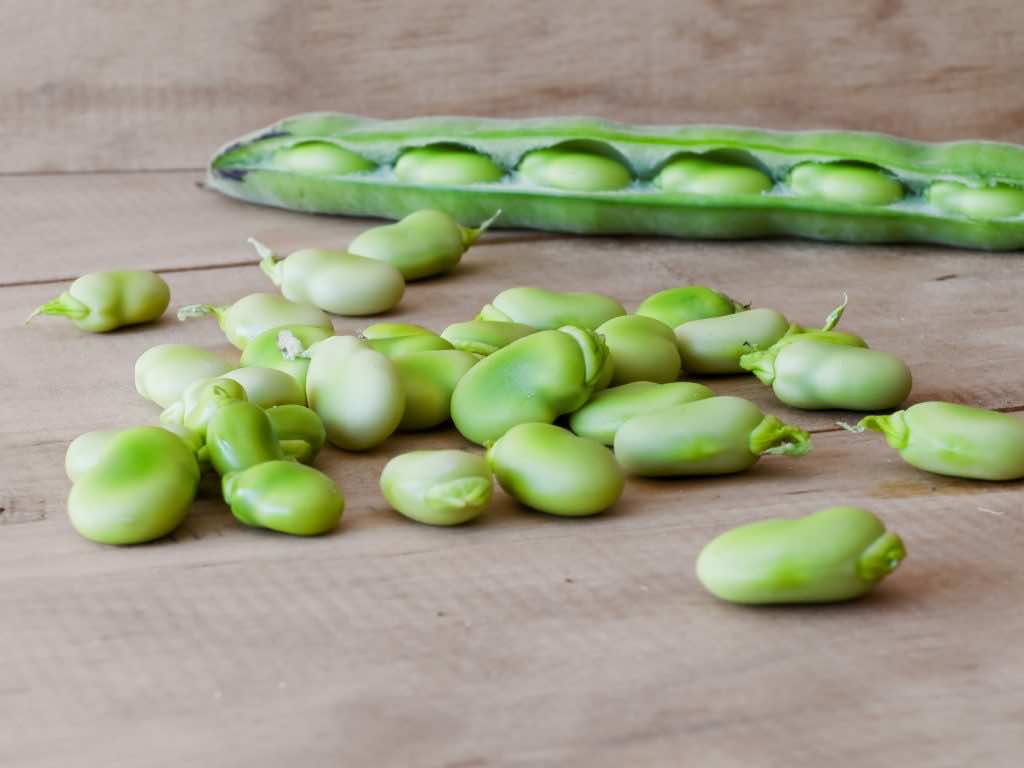
Lima beans are probably not the first food you think about when you think potassium – in fact, you probably rarely ever think of this food for any reason as it just isn’t a popular one. But yet, it should be.
Lima beans pack a serious potassium punch, coming in at 955 mg of potassium per one-cup serving. This food is only beat in potassium content per serving by the avocado, which offers 1067 mg. This said you’d have to eat the whole avocado to get that much (something most people won’t do) whereas eating one cup of lima beans at a meal is much less trying.
Lima beans are also rich in dietary fiber and will supply some vital iron that’s necessary to help you avoid iron-deficiency anemia.
They’re an easy to prepare source of complex carbohydrate, so definitely something to consider adding to your diet plan.
Swiss Chard
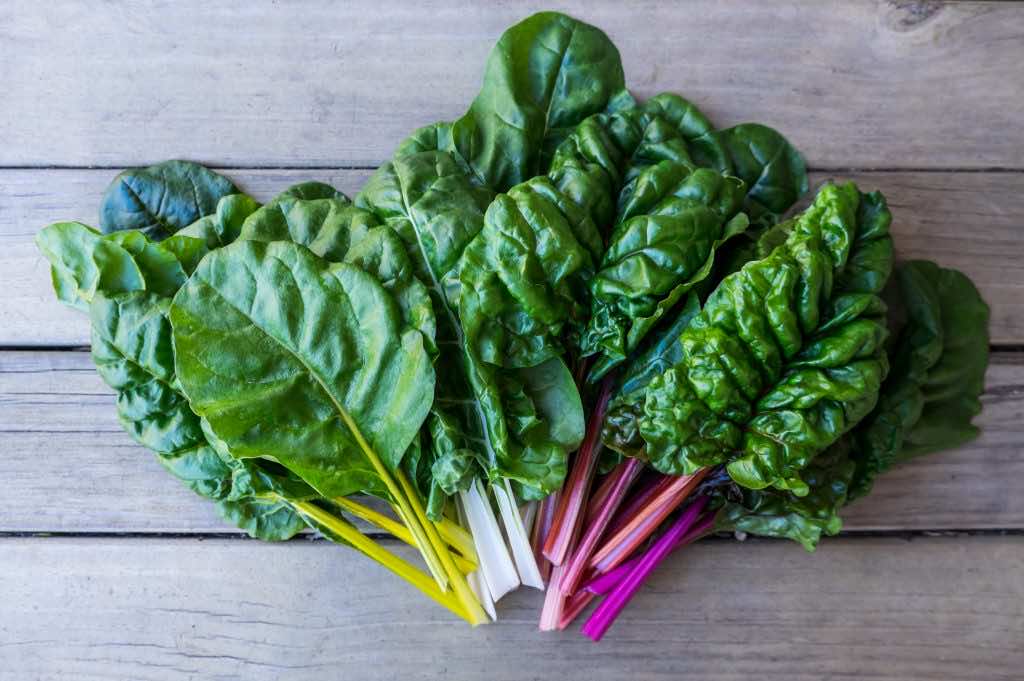
If your someone who’s concerned about your calorie intake, you might find that both lima beans and avocados are hard to get in if you’re trying to keep your numbers down.
You may be focusing primarily on lean protein sources and fresh green vegetables, but this doesn’t mean your potassium levels have to suffer. Sadly, when many adopt low carb diets, especially if they’re focusing on ketogenic levels of carbohydrates, it’s not atypical at all to see potassium levels drop scarily low.
Fortunately, it doesn’t need to be this way. Swiss Chard is low in calories but provides an abundance of potassium, coming in at 961 mg per cup cooked.
Swiss Chard is also quite versatile and can be sautéed and eaten on its own as a side dish or added to pasta dishes, casseroles, or soups as needed so there’s no reason why you shouldn’t be able to get this one into your regular diet plan.
Acorn Squash
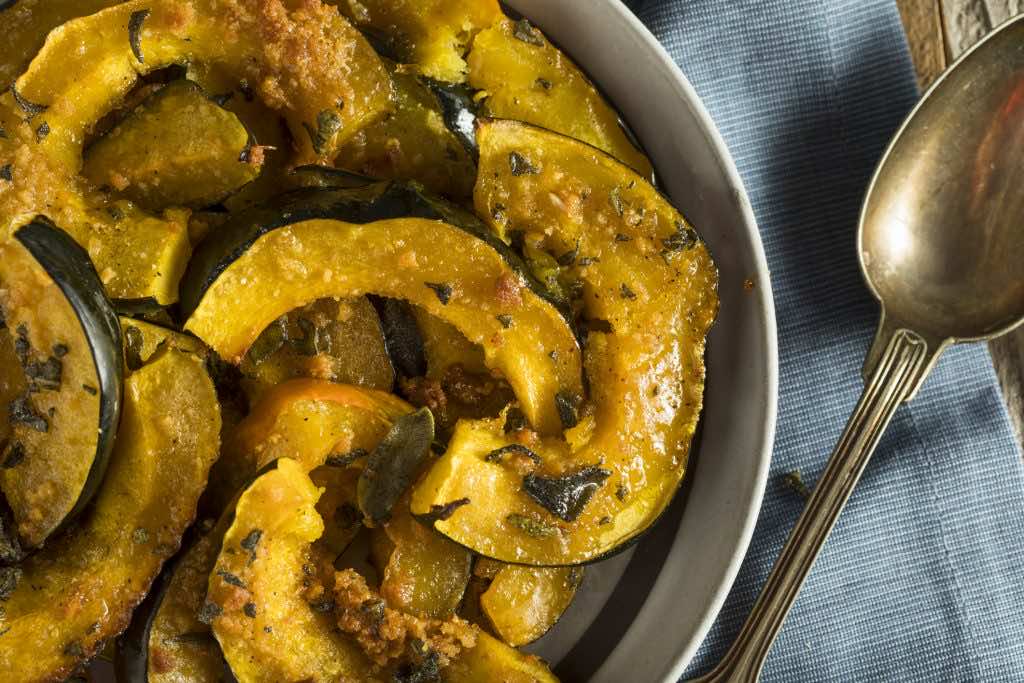
Another food that few people ever think about eating but one that’s very helpful to overall nutrition is acorn squash. The more common squash variety typically eaten is butternut squash or spaghetti squash. Both of these are complex sources of carbohydrates but lower in calories than regular potatoes are.
Acorn squash is also a rich source of carotenoids, which can help you combat different types of cancer as well. Making this very powerful food to have in your meal plan.
Spinach
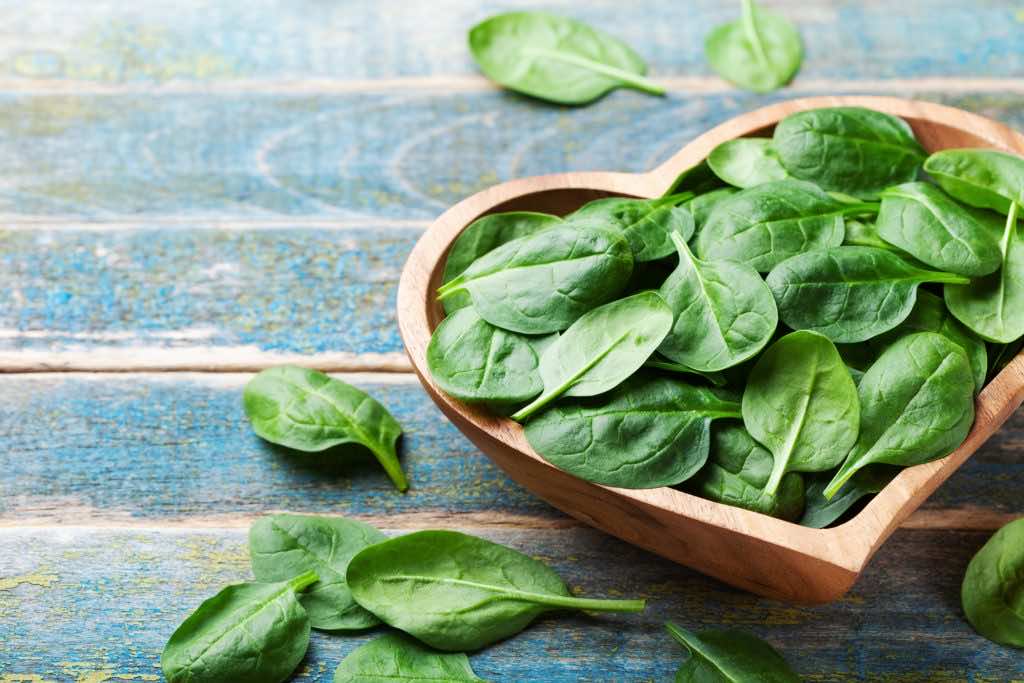
Now we come to another great lower-calorie option for those who are looking to control their weight: spinach.
Spinach has often been deemed a superfood because it’s so very rich in powerful nutrients that will help you sustain optimal health and well-being. The most important allure that spinach presents is a rich array of antioxidants. Which helps to combat free radical damage before it starts, reducing the overall level of oxidation taking place in the body. This can then be great for reducing the signs of aging and disease, keeping you looking and feeling younger.
Spinach is also a high volume, low-calorie food to indulge in. This means you can eat a very large amount of it for very few calories – something that most people will really appreciate when on a reduced-calorie plan. You can fill your plate up and feel like you actually ate a real meal with high volume foods.
One word of warning with spinach: it’ll be far more nutrient-dense if you also serve it with some dietary fat. The fat you eat spinach with help to boost the absorption of many of the nutrients it contains in the body, so this is something not to overlook. If you eat it on its own, you’ll still reap benefits, but you’ll be missing out in some ways.
So drizzle some homemade olive-oil based salad dressing over your spinach salad or sauté it in a little coconut oil and garlic. This will add flavor and allow you to reap the health benefits.
Coconut Water
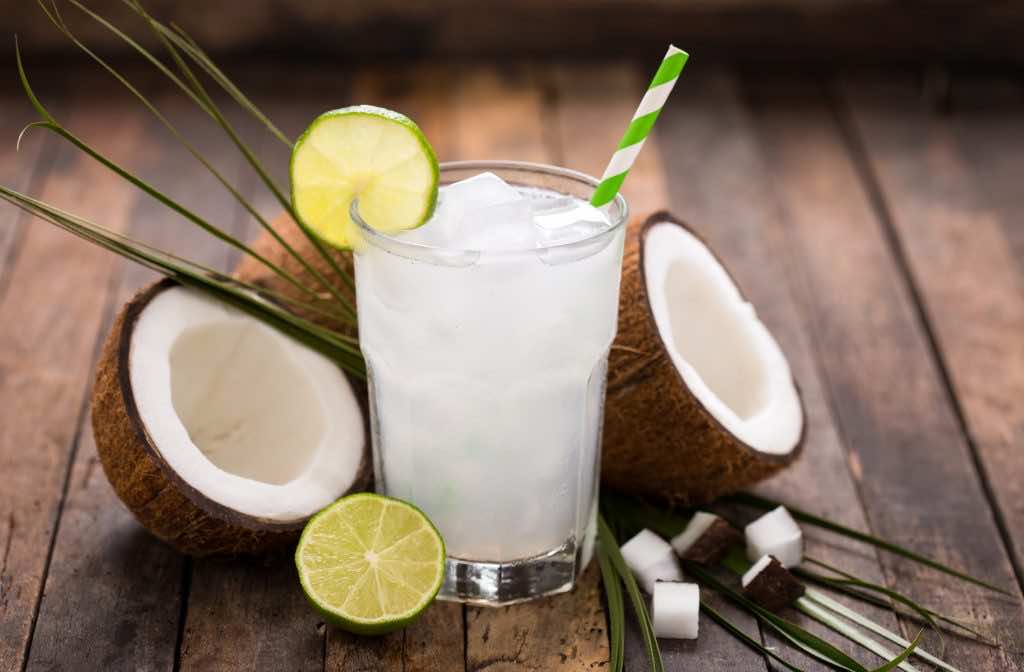
While not food per se but rather, a beverage, coconut water is another one not to miss out on. Coconut water is a powerful source of potassium and was actually used in ancient days as IV fluid when needed. While still not as ideal as what we’ve come to use as IV fluid in today’s world, it’s interesting to note that it can be used in emergency situations. This clearly illustrates how similar coconut water is in electrolyte composition to the blood in your body.
Coconut water has a nice sweet taste but is still relatively low in sugars (and the sugars found in it are naturally occurring sugars). Use it as an everyday drink as desired or consider using it during a workout to help keep your energy performance up.
While you may already be using an intra-workout supplement of sorts, you might just find that coconut water does an even better job and is a fraction of the cost.
Wild Caught Salmon
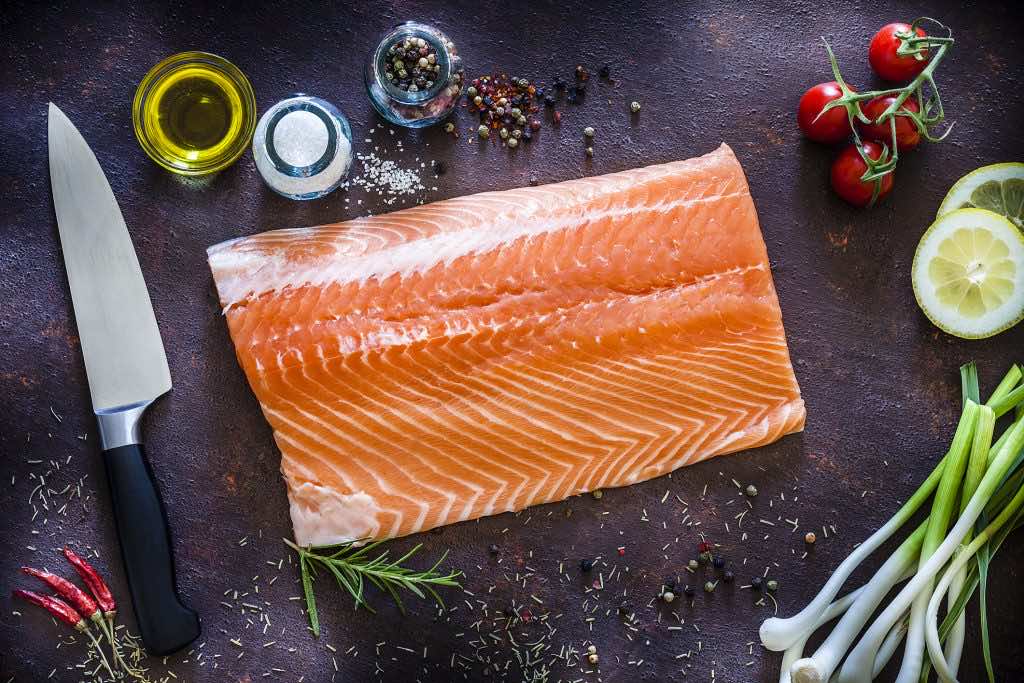
Finally, it’s important to get a protein-rich food on the list for those who are attempting to get more protein in their diet plan and also want to up their intake of potassium as well. Wild-caught salmon is a terrific option to consider as it provides not only the potassium your body needs but the essential omega-3 fatty acids as well.
Wild-caught salmon is going to give you quality amino acids to assist with tissue repair and rebuilding and to also help keep your appetite under control.
Finally, the omega-3 fatty acids are important for helping to lower your risk factor for depression, reducing your risk of dementia, improving heart health6, lowering blood pressure levels, and keeping your immune system feeling as strong as possible.
So there you have some of the best sources of potassium to consider getting into your regular diet plan. Potassium is not that hard to come by – luckily – in our diet plan as long as you put a little thought and effort into eating enough variety with your menu.
The most important thing to focus on is getting in a selection of fresh fruits and vegetables along with eating beans more regularly as these are the foods it tends to be most abundant in. Do that and you should be able to put worries about deficiency behind you.
References:
- McKenna, Michael J. “Effects of training on potassium homeostasis during exercise.” Journal of molecular and cellular cardiology 27.4 (1995): 941-949.
- McNally, Melanie A., et al. “Empiric use of potassium citrate reduces kidney-stone incidence with the ketogenic diet.” Pediatrics 124.2 (2009): e300-e304.
- Somjen, George G. “Extracellular potassium in the mammalian central nervous system.” Annual review of physiology 41.1 (1979): 159-177.
- Tylavsky, Frances A., Lisa A. Spence, and Laura Harkness. “The importance of calcium, potassium, and acid-base homeostasis in bone health and osteoporosis prevention.” The Journal of nutrition 138.1 (2008): 164S-165S.
- Fulgoni, Victor L., Mark Dreher, and Adrienne J. Davenport. “Avocado consumption is associated with better diet quality and nutrient intake, and lower metabolic syndrome risk in US adults: results from the National Health and Nutrition Examination Survey (NHANES) 2001–2008.” Nutrition journal 12.1 (2013): 1.
- Chaddha, Ashish, and Kim A. Eagle. “Omega-3 fatty acids and heart health.” Circulation 132.22 (2015): e350-e352.
5 Comments
Leave a Comment
You must be logged in to post a comment.
Thank you for this valuable information that you have provided.
Hello Katherine,
My name is Ann-Marie, and I am a Happy Health Concierge here at BiOptimizers!
You are welcome!
If you have any other questions, please email us at [email protected]
Take care and have a nice day!
My very best regards,
Ann-Marie
Happy Health Concierge
BiOptimizers
this was very helpful and informative. thank you
Hello Braid,
My name is Ann-Marie, and I am a Happy Health Concierge here at BiOptimizers!
You are welcome! We are glad you find the information helpful.
If you have any other questions, please email us at [email protected]
Take care and have a nice day!
My very best regards,
Ann-Marie
Happy Health Concierge
BiOptimizers
Glad I detected this on google .